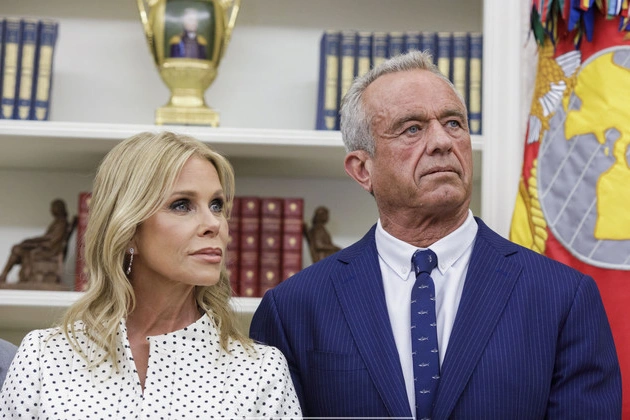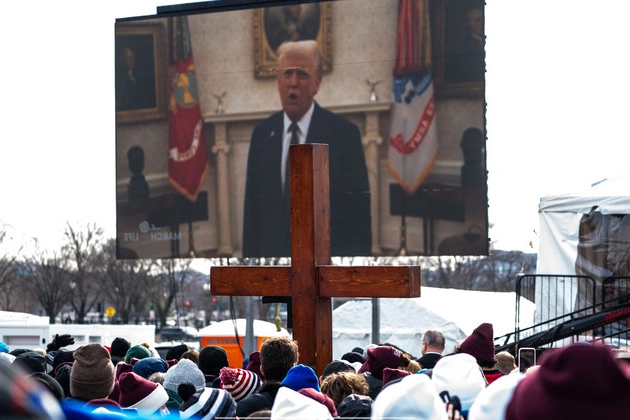
The Arrival of RFK Jr. at HHS
Robert F. Kennedy Jr. recently took charge at the Health and Human Services Department, ushering in a new era fraught with tension and change. His anti-vaccine stance has polarized opinions, setting the stage for a tumultuous transition.
A Wave of Changes
From the outset, Kennedy’s leadership style has been marked by swift actions, including dismissals of key personnel and pledges to reshape public health priorities. This abrupt shift has sent shockwaves through the department, leaving many employees uncertain about the future.
Challenges and Resignations
The shake-up initiated by Kennedy has prompted resignations from senior officials at major health agencies, reflecting a deep-seated unease within the workforce. The departure of key figures underscores the discord between scientific consensus and Kennedy’s unyielding approach.
Unraveling Trust
As tensions escalate, the once-hopeful prospects of a conciliatory approach to health challenges have dimmed. Former and current officials express concerns over the department’s direction and its potential impact on the nation’s well-being.
Overhauling Priorities
Kennedy’s ambitious agenda includes restructuring advisory committees, revamping research focuses, and tightening conflict of interest policies. These proposed changes aim to realign the department’s goals with Kennedy’s vision of a healthier America.
Path Forward
Despite initial setbacks and internal discord, Kennedy remains resolute in his mission to transform the nation’s health landscape. With a mix of supporters and skeptics in his corner, the path ahead promises both challenges and opportunities for change.
Looking Ahead
As Kennedy navigates the complexities of his new role, the unfolding narrative of his tenure at the Health and Human Services Department will shape the future of public health policy and practice in America.















